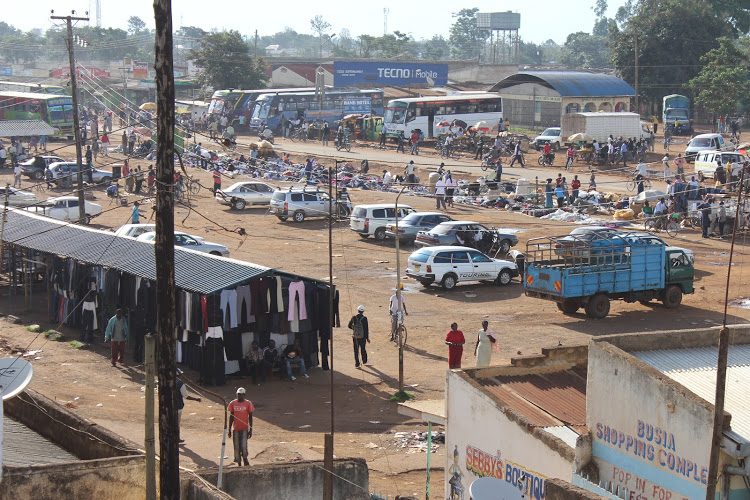Common Market for Eastern and Southern Africa (COMESA) has launched a partnership with global technology firm mPedigree to improve the agro-inputs protection technology among its members. The partnership, launched under the COMESA Alliance for Commodity Trade in Eastern and Southern Africa (ACTESA) Seed programme, will help the bloc to eliminate faking and counterfeiting of agro-inputs materials like seeds and fertiliser among its member states. This move promises a deeper penetration into the supply chains and access to new ecosystem support for Kenya, where the technology is already in use. “The system will assist the region to not only eliminate cases of fake agro-inputs such as seeds, fertilisers and crop protection products, but also boost trade in quality and improved certified seed,” said Serlom Branttie, mPedigree Global Strategy Director. Fraudulent trade in fake agro-inputs has greatly contributed to the poor performance of over 80 million small-scale farmers and to food insecurity in the region. Source: Media Max
COMESA partners with mPedigree to eradicate fake agro-inputs
Posted on: May 27, 2019
Posted on: May 27, 2019
















